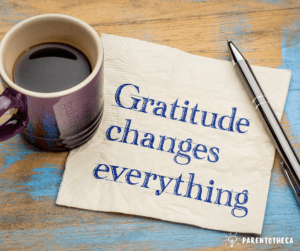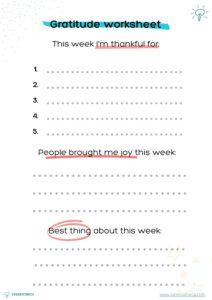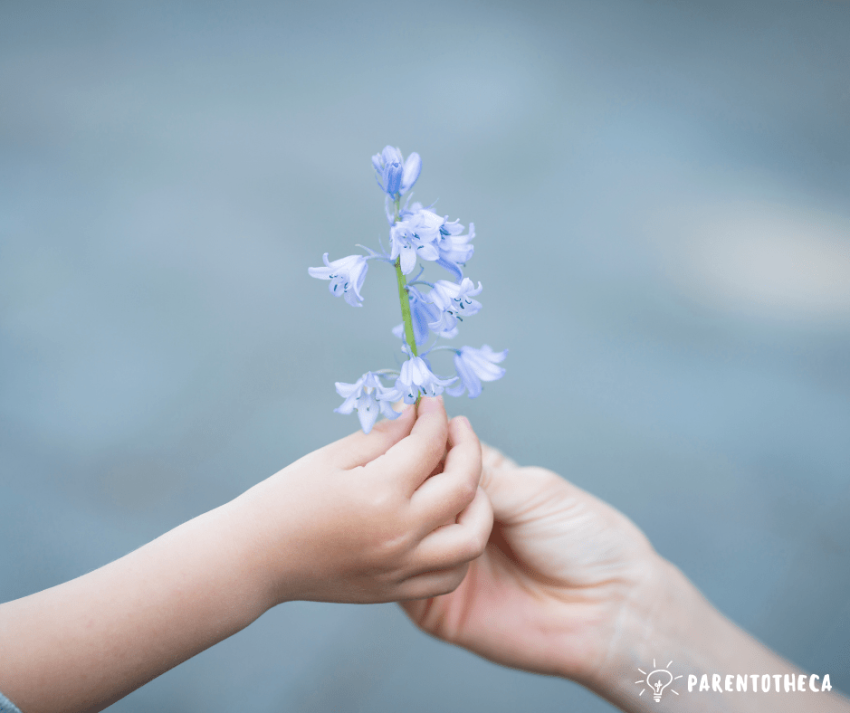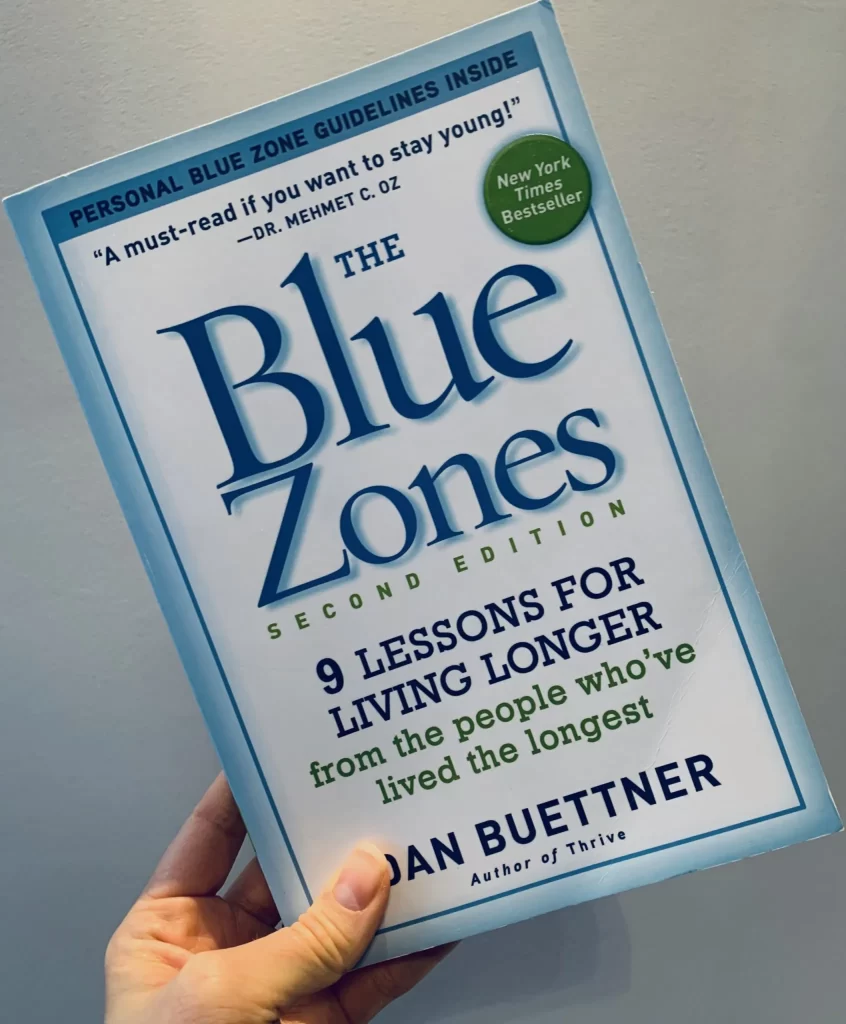How many of us take whatever we have for granted? How often do we focus on lack and want more “stuff” that presumable should make us happy: a bigger house, the newest phone model, promotion at work?
Apparently, if we focus our mind on lack (even if unconsciously) we will constantly be racing for more without getting any happier in a long-term perspective. But if we shift our focus to abundance and take time to appreciate whatever we already have, we have all chances to experience life in full and enjoy it more. Science says that GRATITUDE is one of the best ways to do it.
What is Gratitude and why it is important for a happy life?
“Gratitude unlocks the fullness of life. It turns what we have into enough, and more. It turns denial into acceptance, chaos to order, and confusion to clarity. It can turn a meal into a feast, a house into a home, a stranger into a friend.”
Melody Beatle
Robert Emmons, the world-leading gratitude researcher, defines it as: “a felt sense of wonder, thankfulness, and appreciation for life”.
Gratitude is a positive emotion that you feel in the present moment. It has a fundamental evolutionary purpose as it influences how we perceive the world and make sense of it. It not only helps keep our mind’s focus on good things around us but also allows us to stay strong and resilient when life gives us lemons.
Sonja Lyubomirsky is one of the most accomplished and recognized Happiness Researchers in the world. For over twenty years she has been studying why some people are happier than others. In her great book “The How of Happiness: A New Approach to Getting the Life You Want” she refers to Gratitude as “a kind of meta-strategy for achieving happiness.”
Lyubomirsky writes:
“Gratitude is many things to many people. It is wonder; it is appreciation; it is looking on the bright side of a setback; it is fathoming abundance; it is thanking someone in your life; it is thanking God; it is ‘counting blessings.’ It is savouring; it is not taking things for granted; it is coping; it is present-oriented.”
So Gratitude is a super powerful thing. Think about all the blessings and small things in your life that go unnoticed in everyday “race” – like your child’s smile or his funny comment. Maybe it’s a good word, kindness that someone showed you, help offered or mentoring that helped you go through a crossroad in your life. Perhaps even big things, which we take for granted such as our job, home, our blessing of being a parent. Reflect on it for the moment and feel how abundant you are.
Research shows that by expressing Gratitude we can boost our happiness level by 25%. So it is a strong case for starting counting your blessings today ☺ And when you teach your children from early childhood to focus their mind on savouring what they already have and appreciating small things in their life, you help them to build a strong foundation for a happy, resilient and abundant life. And the best way to teach your children is to show them – lead by example!
How exactly gratitude boosts happiness? In her great book “The How of Happiness” Sonja Lyubomirsky outlines 8 Ways Gratitude Boosts Happiness based on her studies.

8 Ways Gratitude Boosts Happiness:
- Grateful thinking promotes the savouring of positive life experiences.
Sonja says: “By relishing and taking pleasure in some of the gifts of your life, you will be able to extract the maximum possible satisfaction and enjoyment from your current circumstances.”
- Gratitude bolsters confidence, self-worth and self-esteem.
“When you realize how much people have done for you or how much you have accomplished, you feel more confident and efficacious.”
- Gratitude helps people cope with stress and trauma.
Our ability to appreciate our life circumstances helps us to reinterpret stressful or negative life experiences positively. When people regularly express gratitude, traumatic memories are less likely to surface and are less intense. Expressing gratefulness in the most adverse life circumstances such as a chronic illness or a loss of close person, as hard as that might be, can help us adjust, move on, and perhaps begin anew.
- The expression of gratitude encourages moral behaviour.
People expressing gratitude on a regular basis are more likely to help others due to a natural desire to reciprocate kindnesses received. And they are less likely to be materialistic.
- Gratitude strengthens supportive relationships.
When people feel grateful for valued relationships they are more likely to treat family members and friends with greater kindness and support, eliciting further support from them in a sort of a positive feedback loop. Sonja writes: “Several studies have shown that people who feel gratitude toward particular individuals (even when they never directly express it) experience closer and “higher-quality” relationships with them…In addition, a grateful person is a more positive person, and positive people are better liked by others and more likely to win friends.”
- Gratitude tends to inhibit social comparison and works against envy
When we are genuinely grateful for what we have (e.g., work, family, health, home), there is not much room left for wanting what others have.
- Gratitude is incompatible with negative emotions
When we feel grateful, it is hard to feel guilty, resentful or infuriated.
“It may actually diminish or deter such feelings as anger, bitterness, and greed.” When we are overwhelmed by emotions, gratitude can actually buy us some time to choose our response to a situation.
- Gratitude helps us thwart hedonic adaptation
We tend to adapt fairly quickly to a positive new circumstance or event in our lives. Gratitude can counteract this adaptation, allowing us to savour all the gifts from life we choose to recognise.
These are all excellent reasons for shifting our mind towards Gratitude and appreciation of whatever we already have.
4 ways to practice gratitude
Gratitude is one of the most desirable positive emotions, but like with every change in our life, practising Gratitude needs effort. Basically, Gratitude should become a habit. And consistency is the key to unlocking all the gratitude benefits.
There is no “the best” strategy for practising Gratitude as we all differ, but below are some scientifically proven approaches that really work:
- Gratitude journal: if you enjoy writing, this could be an effective strategy for you. Grab your journal once a week and write down all the good things that happen in your life that you are grateful for (name at least five).
- Mindfulness: you can express Gratitude in the given moment. Whatever you do, stop for a few seconds and enjoy. Try to imprint this situation, event, view in your mind with all the details and with all the senses. Truly appreciate it. A call from a friend, a walk in the park, a family meal – anything could become a truly special experience when you approach it with mindfulness and Gratitude.
- Expressing Gratitude directly to others: by telling others that we are thankful for something meaningful they’ve done to us, we create a stronger relationship, as this Gratitude is genuine and coming from the heart. Maybe, you can start with telling your partner or children how grateful you are for having them in your life. Or write a gratitude letter to someone really important for you.
- Sharing gratitude moments with your family: you can establish a gratitude ritual – for example, during a family dinner or just before bed-time share with your children what you are thankful for and ask them to think about something they are grateful for today.
Again, Gratitude is powerful. It literally rewires our brain so we could focus more on positives in our life rather than on negatives (both kids and adults). But it needs consistency to truly change your happiness level. As with any habit, try starting small, experiment what works for you and then work on bringing more gratitude experiences in your life.
Questions for you for today– which strategy would you choose today to practice Gratitude? We’ve pulled together a gratitude worksheet, which you may find helpful. You can print it out and fill in by yourself or with your child weekly:

Or you can download a pdf: Gratitude worksheet
As always, we look forward to reading your thoughts and experiences in the comments.
Loads of love,
Irina and Dawid



